When searching for ways to increase your fertility, the vast amount of information out there can feel overwhelming and confusing.
That’s why we’ve pulled out the evidence and condensed it into easy-to-understand tips so you and your partner can improve your fertility and increase your chances of getting pregnant.
Our top 15 tips on how to boost fertility include:
- Eating a delicious fertility-boosting diet
- Having regular sex
- Snacking on nuts
- Understand what sperm-friendly cervical mucus looks like
- Charting your menstrual cycle
- Using ovulation sticks
- Taking supplements
- Working towards a healthier weight
- Breaking bad habits
- Getting more exercise
- Reducing your exposure to toxins
- Lessening the pressure you’re under
- Keeping testicles loose and cool
- Reviewing your medication
- Knowing when to seek help
1. Eat like you are on the Med
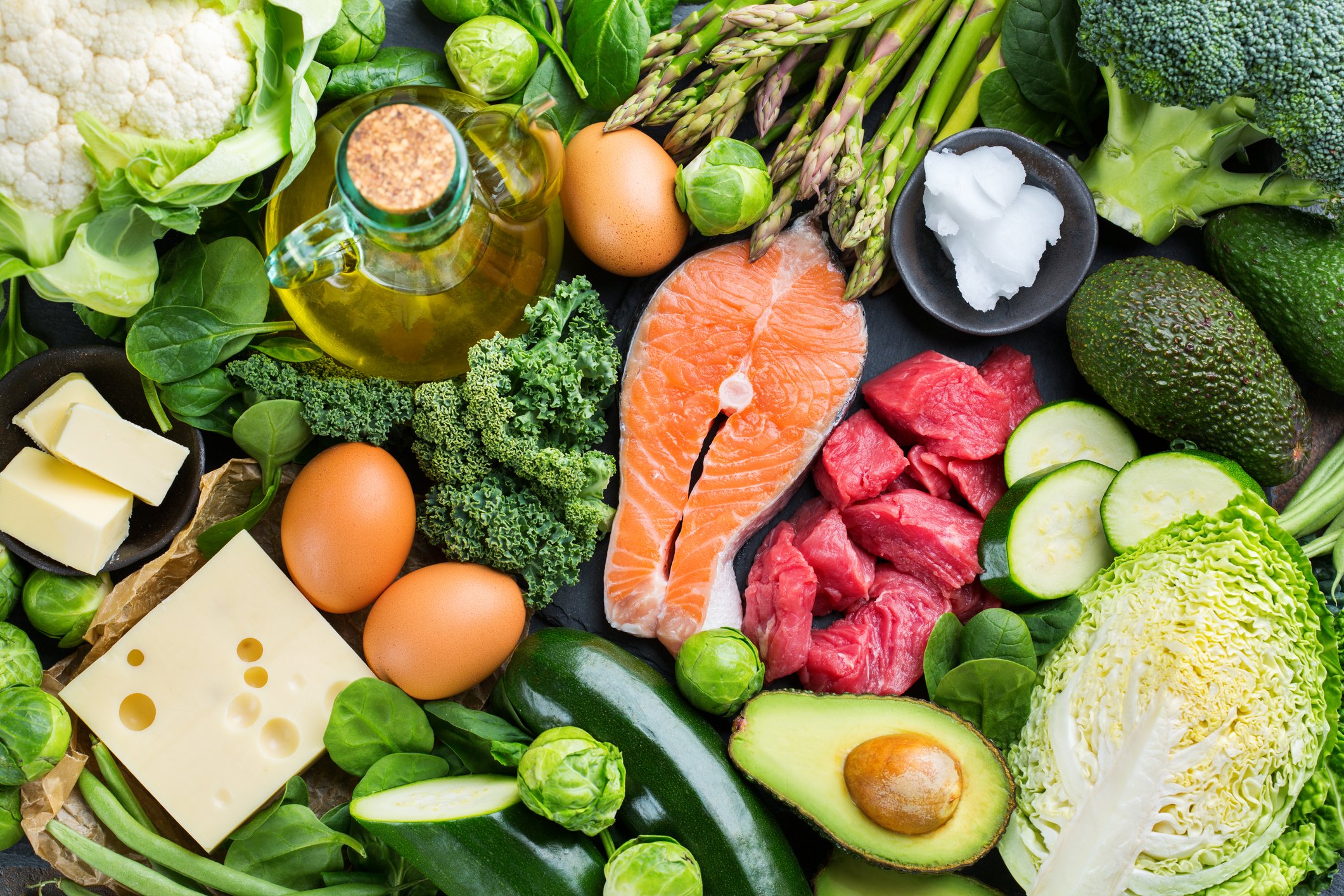
Men and women need the proper nutrition to achieve and maintain optimal health and to boost their fertility.
A poor diet can affect men's and women’s hormonal function, disrupt ovulation and cause fertility problems related to the sperm’s quality and fecundability (sperm’s ability to fertilise an egg and result in a pregnancy), all of which can reduce your chances of conceiving.
A few simple changes can improve your chances of becoming pregnant and pave the way for a healthy pregnancy. Adopting a Mediterranean-style diet has been shown to improve fertility. This consists of a diet full of fresh fruits and vegetables, healthy fats, whole grains, fish and seafood, with some poultry and dairy products and only limited quantities of red meat.
Read more about the best foods to eat to improve your chances of getting pregnant.
2. Have regular sex

The evidence is reasonably clear: couples having regular sex significantly boost their chances of getting pregnant.
When a woman releases an egg from one of her ovaries (ovulation), the egg only has 12-24 hours to be fertilised.
But, because sperm can survive inside her reproductive system for up to 5 days, having regular sex will mean that, in theory, there will always be a few (million) live sperm around to fertilise her egg when it is released.
Because of this, if you have sex on average three times a week, you will significantly boost your chances of becoming pregnant.
But try not to plan or schedule sex for a specific day or time of day, as this can be detrimental to your relationship and to love-making itself, creating stress and anxiety for you as a couple and, potentially, causing performance problems for the man.
Learn more about having sex when trying to conceive and some of the popular myths we’ve busted for you in our blogs.
3. Eat your nuts
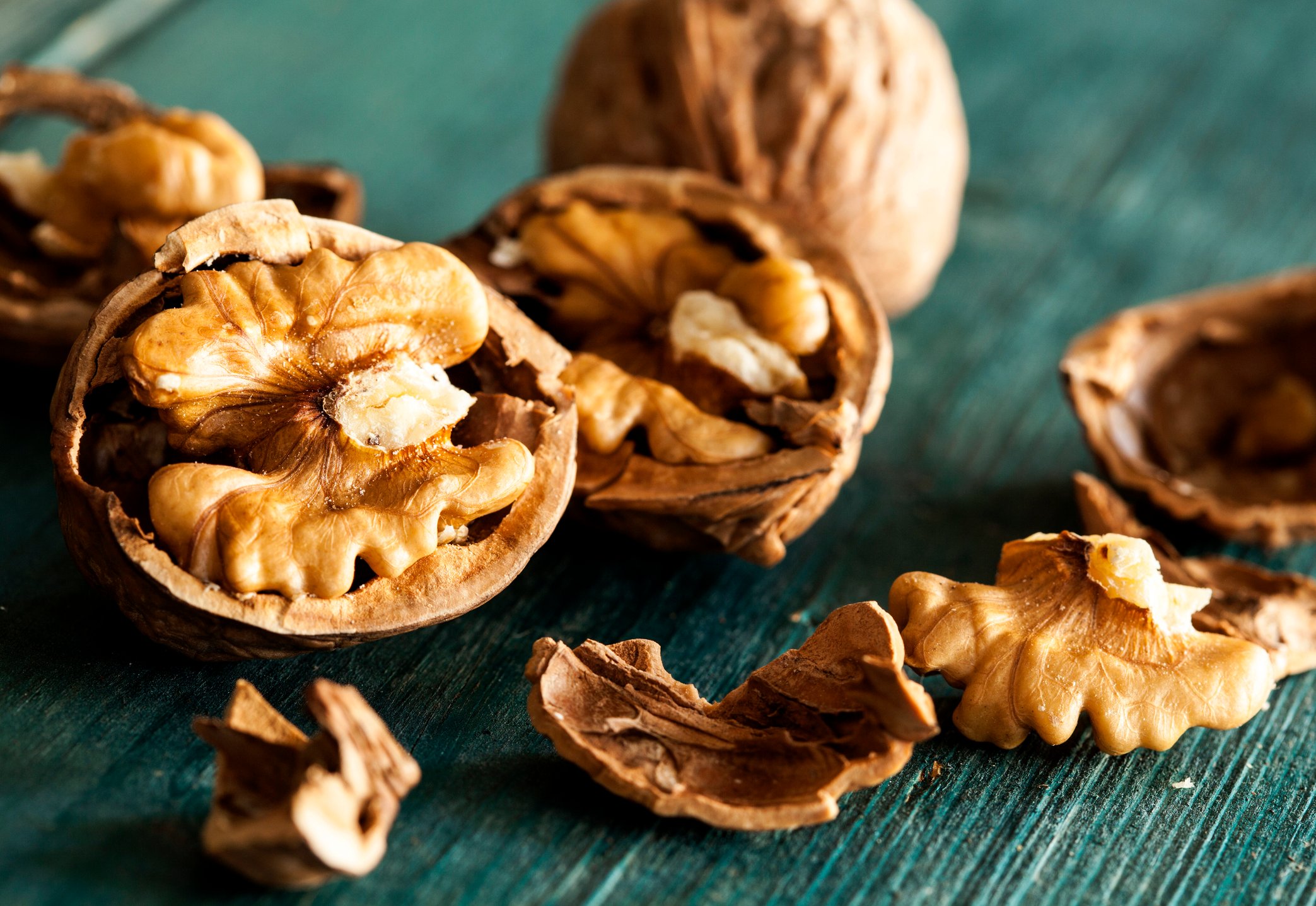
Research shows that eating a daily portion (75 grams) of walnuts improves sperm motility (their ability to move), vitality and overall health.
Scientists also found that men who ate about two handfuls of mixed almonds, hazelnuts and walnuts daily for 14 weeks produced more and healthier sperm than those who didn’t eat the nuts.
Learn more about how to increase sperm count here.
4. Get to know what sperm-friendly cervical mucus looks like!
On the days leading to ovulation, vaginal discharge will start to increase. It should be noticeably clear, stretchy and slippery, resembling raw egg white.
This discharge is less acidic and has the perfect consistency for sperm to live and move in.
If ovulation has occurred, sperm that has entered the woman’s body during this time, or just before, will have a higher chance of living, moving and meeting the egg to fertilise it. Learn more about how to know when you are fertile here.
5. Chart your menstrual cycle
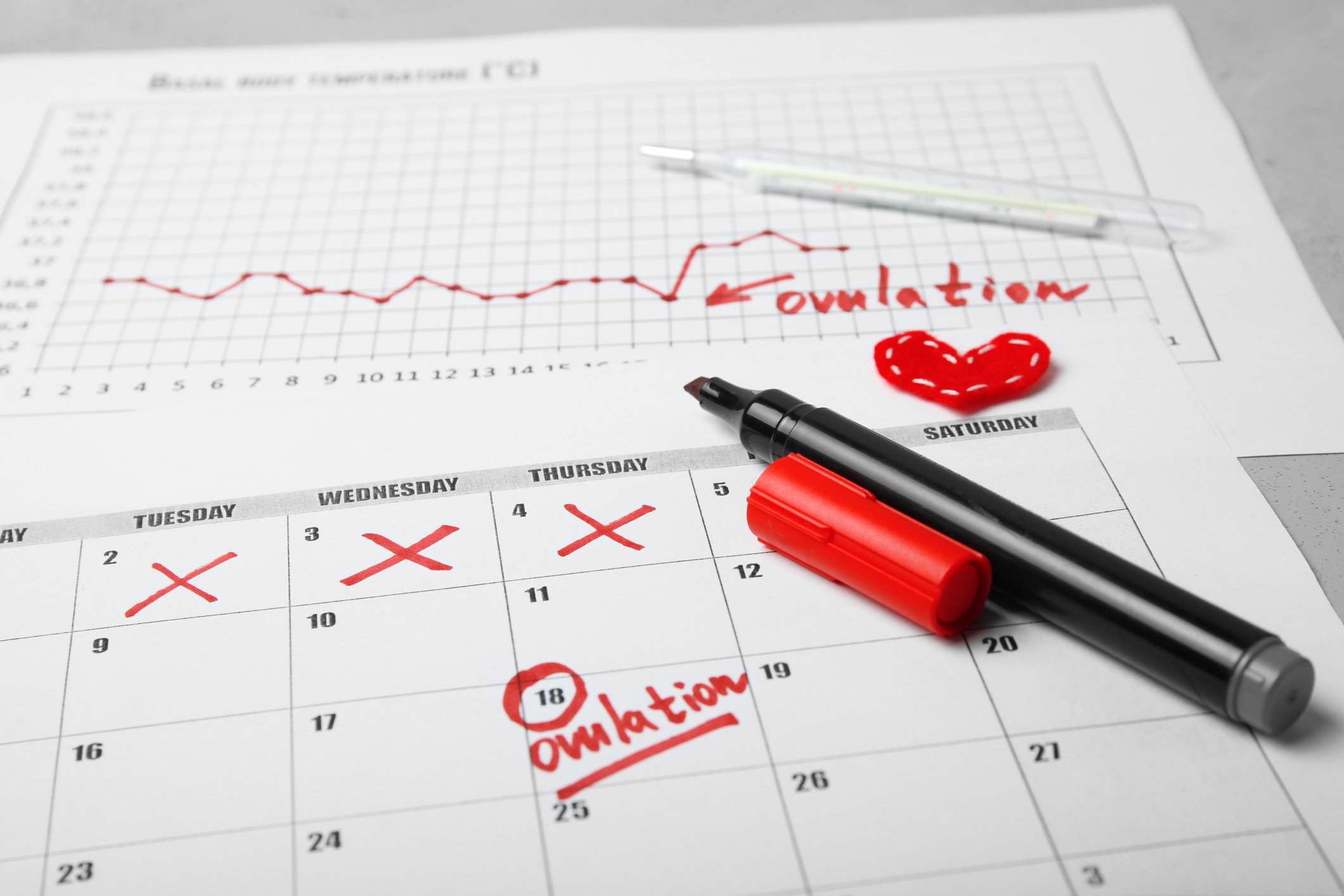
Charting involves the daily recording of your vaginal discharge, your basal body temperature (BBT), changes to your cervix and any other symptoms.
These tell you a lot about what stage of your cycle you are in, and by keeping track for a couple of months, you will start to know what your cycle is like and be able to more accurately determine when you are approaching ovulation and, therefore, approximately when you are on your ‘fertile window’.
6. Use ovulation sticks
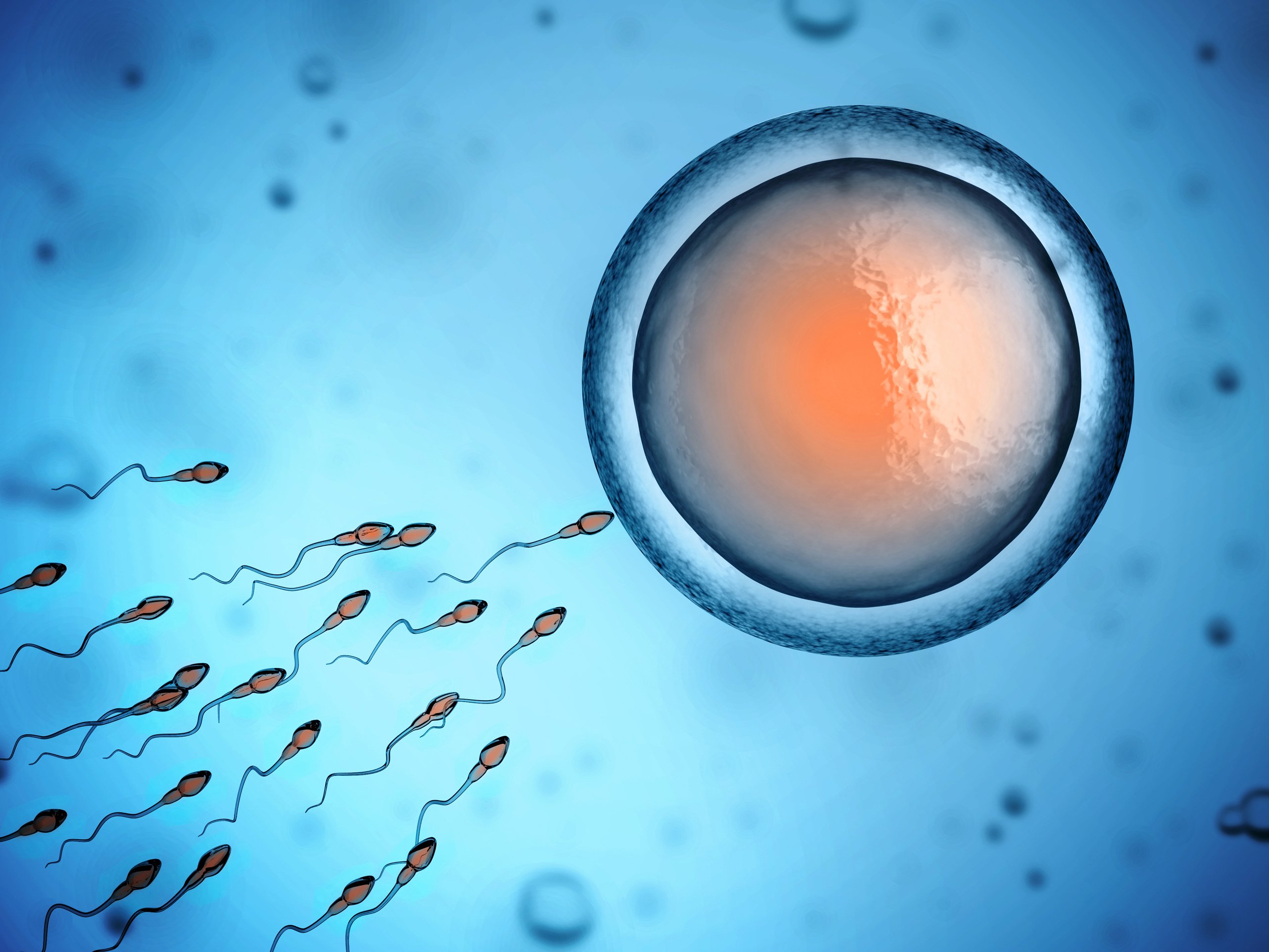
Ovulation sticks use your urine to measure the level of a hormone called luteinising hormone (LH), which surges 24-36 hours before ovulation occurs.
Using your afternoon ‘wee’ will give you more accurate results, and it is best to start using the sticks when you are almost halfway through your cycle and to compare levels throughout a few days – this is why we’ve included 12 sticks in our Trying to Conceive kit. By charting and using ovulation sticks, you can gain critical insight into your menstrual cycle and when you are most fertile.
7. Supplement with essential vitamins & minerals

Getting the correct nutrition from your diet during pregnancy is vital. However, not everyone eats a well-balanced diet, whether through choice or circumstance.
For women, deficiencies in some vitamins and minerals, such as folate (folic acid in its natural state) and vitamin D, can interfere with the healthy development of their unborn babies and negatively impact their health.
Other essential vitamins and minerals, such as iron, calcium, B vitamins, zinc and iodine, are also necessary to safeguard women’s nutrition, improve their fertility and support their and their babies’ needs during pregnancy.
Our expert midwives have developed a Pre-conception and Pregnancy Supplement containing all of the vitamins and minerals needed to support fertility and pregnancy.

For men, planning to start or grow their family isn’t just about the practicalities of when the baby arrives. It is also about ensuring they and their sperm are in the best possible health to maximise their partner’s chance of getting pregnant each month.
Our Pre-conception Supplement for Men was specially designed to contain vitamins and minerals known to help sperm and male reproductive health.
8. Work towards a healthy weight
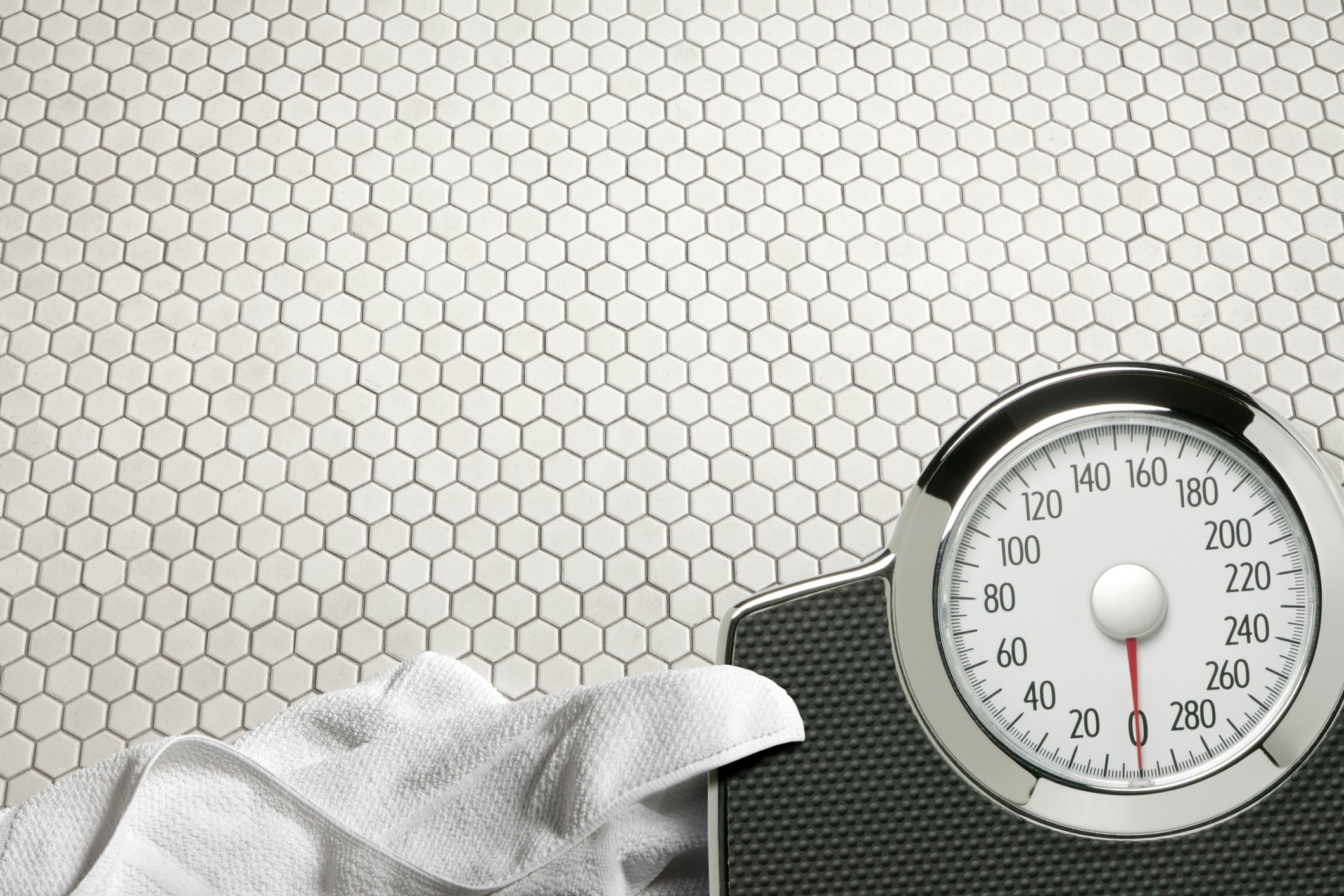
Working towards and maintaining a healthy weight helps to improve women’s and men’s fertility. In men, excess body fat has been linked with:
- Higher levels of oestrogen
- Changes in testosterone levels
- Lower sperm counts
- Poor sperm motility
- Erectile dysfunction
- Increased temperature of the testicles
For women, the chances of conceiving can be directly affected by their body fat percentage, as having too much or too little can disrupt ovulation, particularly if they also experience irregular menstrual cycles.
9. Break bad habits

Smoking, alcohol and drugs can harm male and female fertility and increase the chances of miscarriage.
Smoking
Stopping smoking makes a difference to a couple’s success when trying to conceive.
This is because when a woman smokes or is a passive smoker (exposed to other people’s cigarette smoke), her ovarian reserve (the number of eggs in her ovaries) is reduced, and her fallopian tubes can be damaged – making them twice as likely to struggle to conceive than a woman who doesn’t smoke.
For men, it is the DNA in the sperm that is damaged when they smoke, and this not only lowers their chances of conception but it also increases the risk of miscarriage.
Alcohol
The advice on alcohol consumption is different for men and women.
Studies have shown that even drinking lightly can reduce female fertility and that the more heavily a woman drinks, the more her fertility decreases.
Also, because there is no known safe limit of alcohol in pregnancy, the advice is to abstain from drinking alcohol when trying to conceive. As a general rule, it’s a good idea to stay away from alcohol if you’re a woman that’s looking to conceive.
However, men's fertility doesn’t seem to be affected as long as they drink within the recommended 14 units/week (equivalent to 6 pints of average-strength beer) and spread their alcohol intake through the week.
Problems with sperm quality, sex drive and performance arise when men binge drink or regularly exceed the recommended guidelines.
Illegal drugs
Illegal drugs can compromise male and female fertility and increase the risks of pregnancy. Drugs like cannabis or cocaine can negatively affect testosterone levels, sperm quality and sex drive in men, disrupt hormonal function and affect the function of the reproductive organs in women.
Seek support from your GP or self-refer to a local programme or support group if you need guidance and support giving up any of these habits.
Read more about how lifestyle changes can improve your chances of getting pregnant.
10. Move your body

Emotions are directly linked to our endocrine (hormonal) system and several studies confirm that women with high levels of stress have lower rates of conception.
For men, engaging in regular exercise results in improved sperm count and sperm health. You are more likely to stick with it if you choose something you enjoy doing, so try different things and mix it up a bit to keep it interesting.
11. Clean-up on toxins

Environmental pollutants and toxins are everywhere, from the air we breathe to household cleaning products, paints, plastics and pesticides.
Because these can all have adverse effects on a couple’s fertility, opting for organic produce and environmentally friendly or, better still, homemade cleaning products can significantly improve your health and your fertility.
Wearing masks with filters when being exposed to certain chemicals and heating or cooling food in glass, ceramic or metal containers instead of plastic (which can release harmful chemicals like BPA bisphenol into the food) are easy adjustments that will help reduce your exposure to toxins.
12. Lessen the pressure

The best thing you and your partner can do is relax, have fun and enjoy your relationship without worrying or fixating on becoming pregnant. Feeling stressed and anxious can lead to the release of hormones that are not helpful and suppress those hormones needed to conceive a baby.
Knowing what sperm-friendly cervical mucus looks and feels like, tracking her basal body temperature (BBT) daily and using ovulation sticks can all help determine when a woman is in her most fertile period, but there is no need to make haste and force an amorous encounter.
Relaxed sex that takes place naturally after being seduced is probably the best way to make a baby.
Regular exercise, eating a fresh and balanced diet, connecting with your mind and body through meditation and/or yoga, getting enough sleep, taking time off with your partner, remaining playful, and seeking support from a counsellor, support group or mental health professional can all help lower and manage your stress levels.
13. Keep them loose, keep them cool

Testicles hang from the body because they need to be kept cooler for optimal sperm production. Men who wear tight underwear are more likely to produce less sperm that don’t move as well as men who wear loose-fitting underwear.
The slight but significant increase in temperature of the testicles caused by them being close to the body for prolonged periods is thought to be the cause of this.
Therefore, when looking at improving your fertility, your best bet is to keep your testicles cooler by having cooler baths and showers, keeping the area away from direct heat, wearing loose-fitting pants like boxer shorts and favouring trousers that give your genitals plenty of room.
14. Review your meds
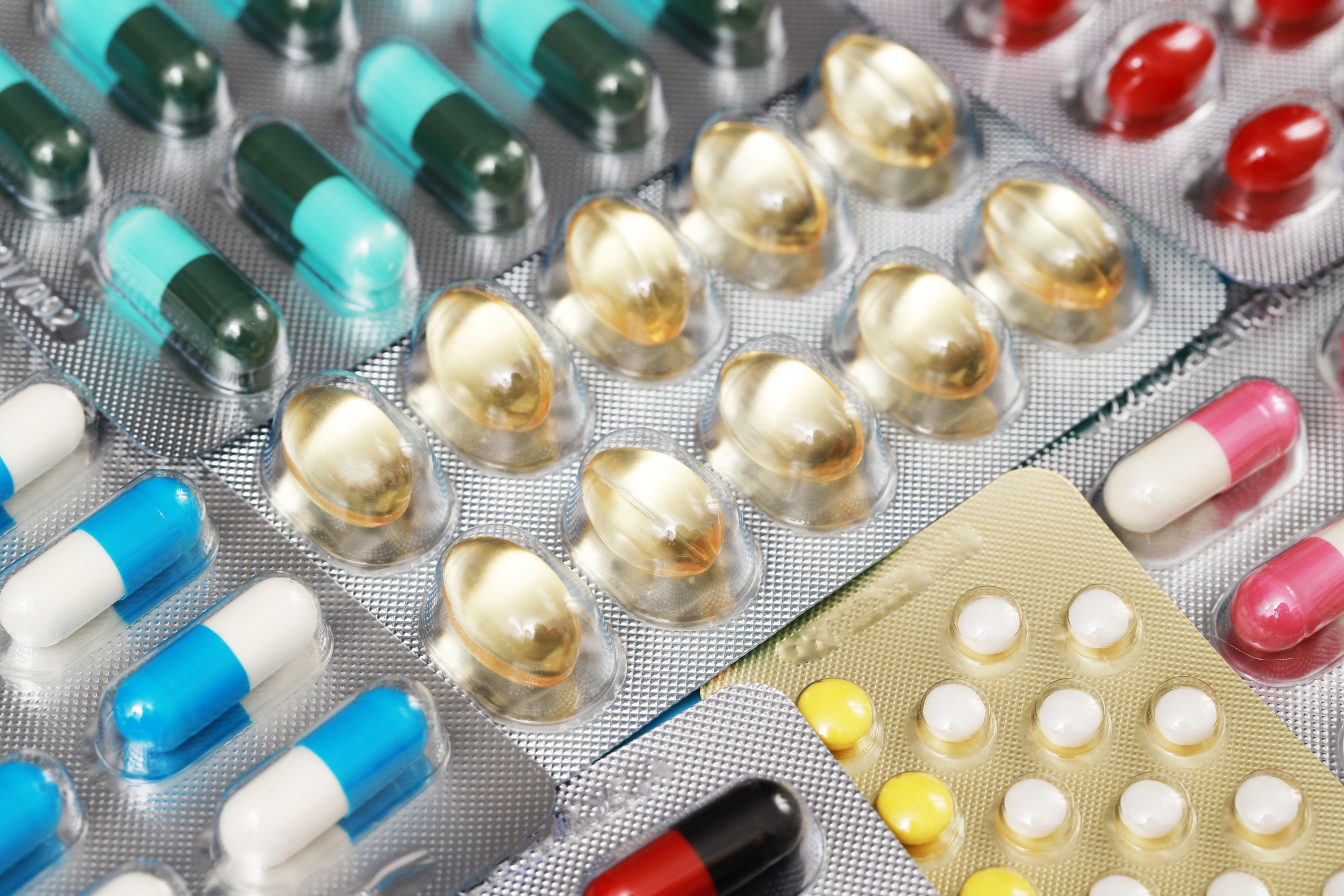
Certain medications – including prescription-only and over-the-counter – can affect male and female fertility and libido, impact male sexual performance, and be contraindicated in pregnancy.
Therefore, before you start trying for a baby, speaking to and reviewing your meds with your GP or specialist is wise.
We would advise against stopping your medication without seeking medical advice first, though, as it may well be that the medication you are on has no effect on your fertility and coming off it may affect your health.
15. Know when to seek help

On average, pregnancy would usually occur in 80% of women having unprotected regular (every 2-3 days) sex for 12 months. After this time, half of the women who have not yet fallen pregnant will become pregnant in the following 12 months.
If you are confident that you have maximised your chances of becoming pregnant, contacting your GP is the next step on your journey.
Your GP will expect couples to have been trying to become pregnant for 12 months before seeking assessment if the woman is under 36 years old and for six months if she is older than 36.
However, couples should visit their GP sooner if they know or suspect they have medical factors that may cause fertility issues or if they have been trying for six months via donor or partner insemination at home.
Take Steps to Boost Your Fertility Today
You can do many things to help boost fertility for you and your partner. Most of them are cheap or inexpensive and involve tweaking certain habits or learning more about how to work with your bodies and natural cycles.
The tips above give you essential, evidence-based information to help boost your fertility and improve your chances of conceiving.
If you want more information and advice on increasing your fertility when trying to conceive, head to our Getting Pregnant hub.

















